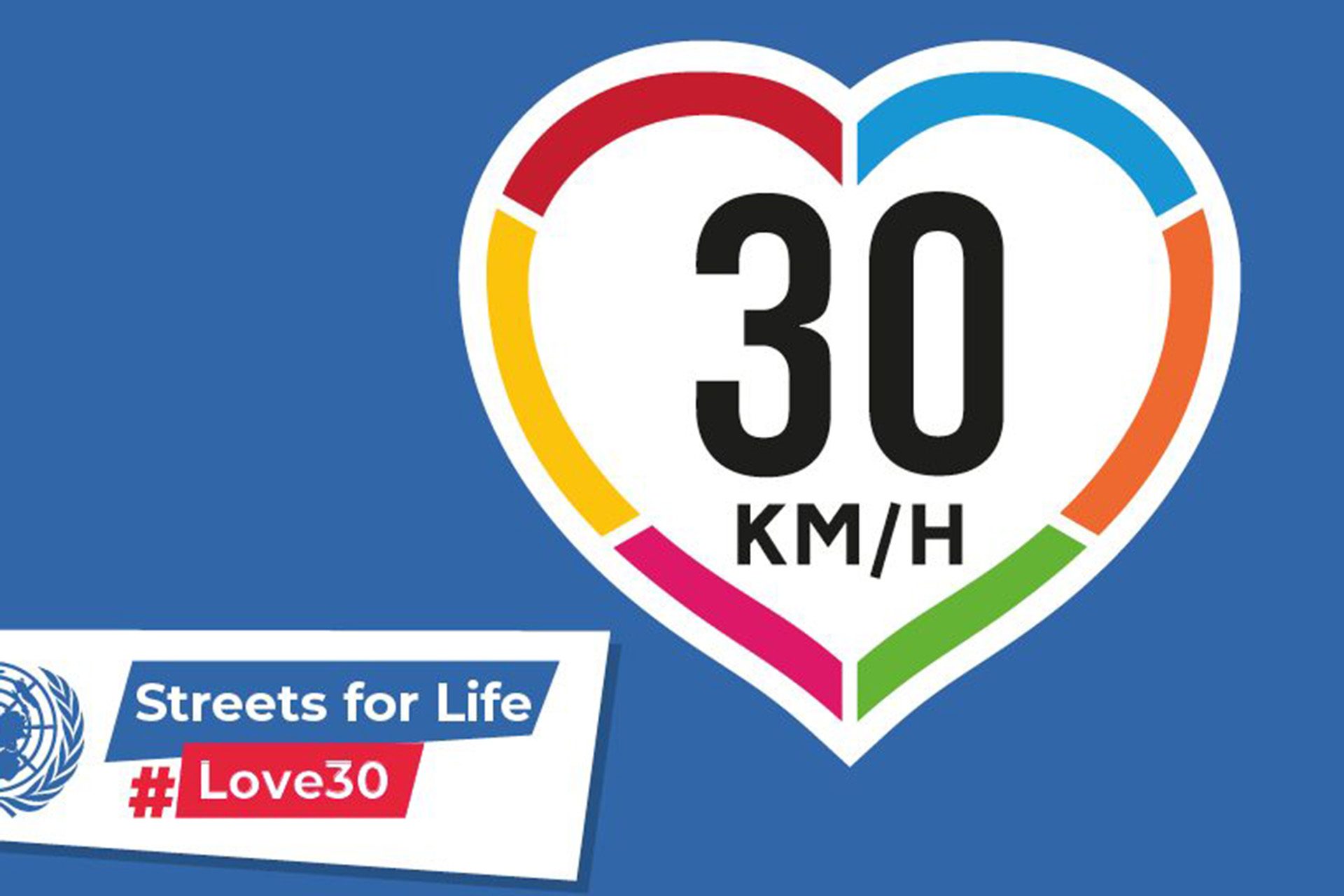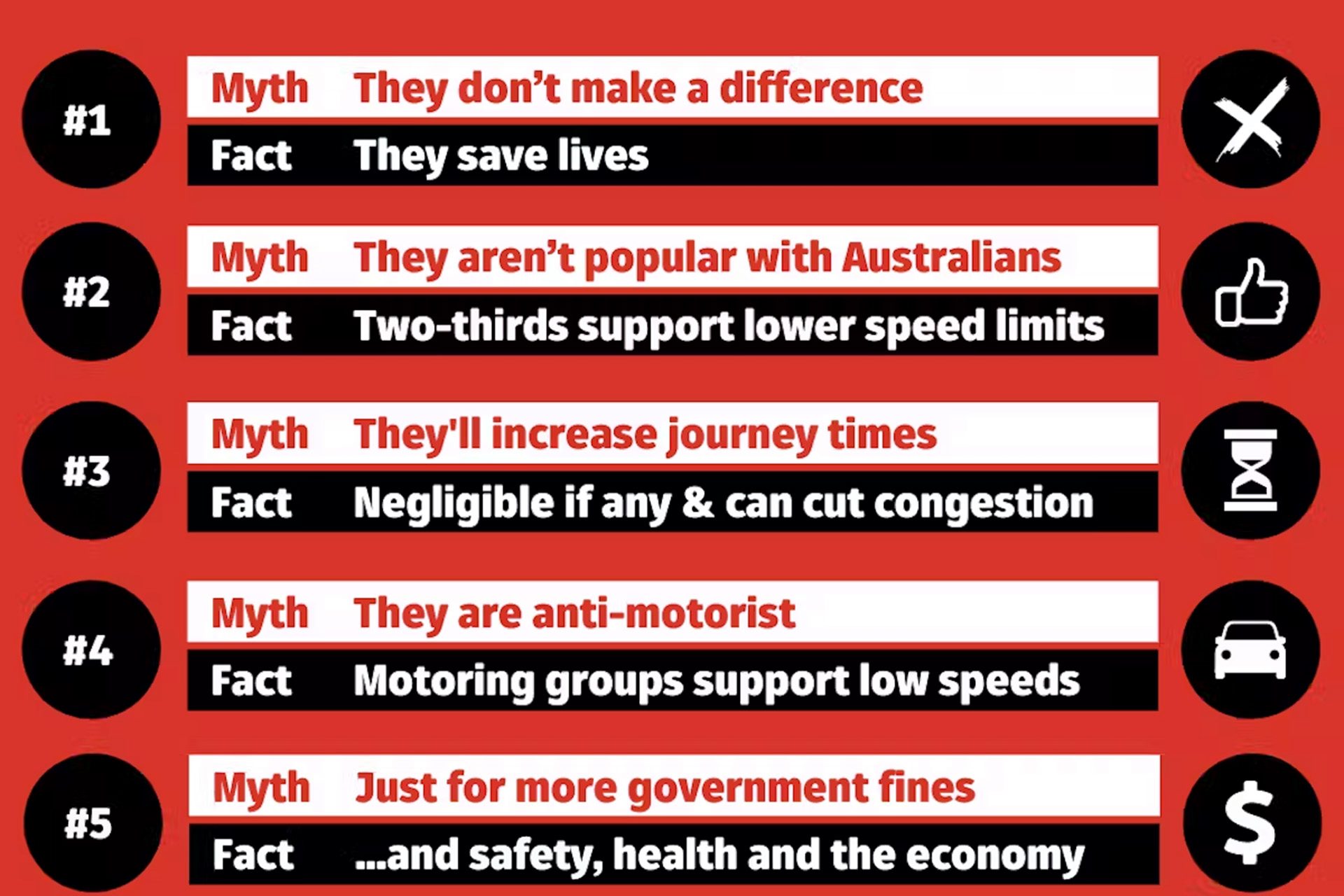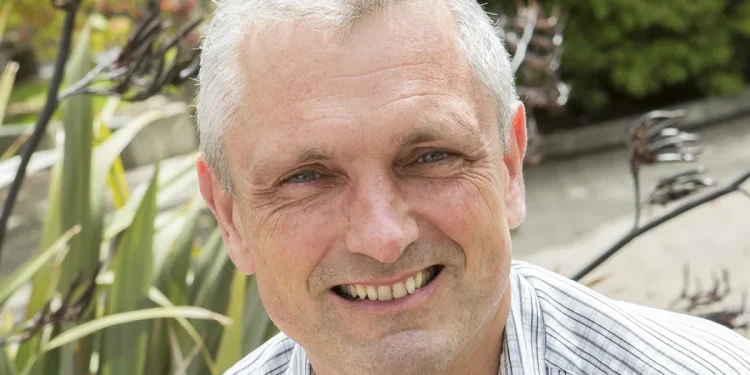Raised Speed Limits Equals More Deaths And Pollution
Words NZ Autocar | Images RNZ, University of Canterbury, Matthew Mclaughlin
The government’s proposal to increase speed limits will lead to more deaths and serious injuries on our roads. That’s according to the University of Canterbury’s Head of Human Geography, Professor Simon Kingham. They will also worsen air quality and increase greenhouse gases while failing to improve economic productivity as promised, he added.
Auckland Council recently voted unanimously to oppose the government’s plan to raise speed limits. Road safety experts and government ministers from over 130 countries are now advocating for a 30km/h speed limit in urban areas where vulnerable road users and vehicles mix.

Professor Kingham, the former chief science advisor to the Ministry of Transport and co-author, social scientist Dr Angela Curl of the University of Otago, examined the health impacts of raising speed limits. They say the costs are likely to outweigh any minor benefits.
“Simply put, deaths and serious injuries are much higher at increased speeds, primarily as a result of increased stopping distances” says Professor Kingham. “The chances of a pedestrian surviving a crash are around 90 per cent at 30km/h, compared with around 10 per cent at 50km/h. Evidence shows that reduced speed limits lead to notable decreases in deaths and injuries.”
Moreover, he said that more than 2000 people die each year here from traffic-related air pollution. “Urban speed limits of 30km/h result in significantly lower emissions than 50km/h, while having only a small effect on total journey times.”
He added “People are less likely to walk and cycle in higher-speed areas.”
“The government’s argument for raising speed limits defies the evidence. They say it will save time and increase productivity, but research on this is unclear. In contrast, there is overwhelming evidence that higher speed limits have a significant negative impact on health and wellbeing and will cost the country financially.”
Submissions for the Setting of Speed Limits 2024 Consultation close on 11 July.
Below are five myths from across the ditch relating to 30km/h zones.






